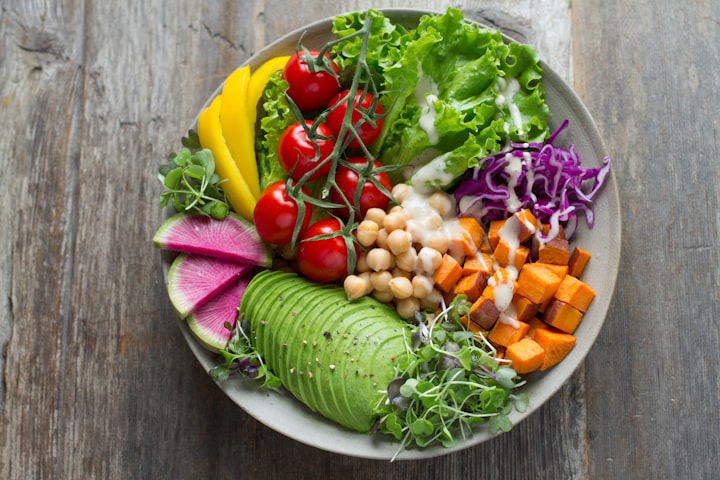
Best non meat sources of protein for vegetarians:
For vegetarian and vegan athletes looking to build strength and muscle mass, ample protein is essential. Proteins, composed of amino acids, are necessary to repair and maintain muscle, which is why athletes often look to the powerhouses of animal protein, such as chicken, beef, pork, and fish.
But vegetarians and vegans must find other sources of protein to nourish their bodies, and protein-packed vegetarian sources exist and are worth exploring.
Beans:
Beans are one of the best non meat sources of protein for vegetarians. They are filling and versatile, and contain a moderate amount of protein, as well as plenty of fiber and other vitamins and minerals.
Common beans with high amounts of protein include navy beans, lima beans, and kidney beans, which together with lentils, comprise a whopping 41 percent of plants-based protein in the American diet.
Additionally, chose the dried varieties to get the most bang for your buck: One serving of lentils contains 18 grams of protein, while one cup of frozen edamame contains 17 grams of protein.
Nuts and seeds:
Nuts and seeds are also excellent and flavorful sources of protein. Almonds, walnuts and pistachios have six to eight grams of protein per one-ounce serving — representing between 19 and 24 percent of the recommended daily allowance (RDA).
Flaxseed has eight grams of protein per one-ounce serving, while the oil pressed version contains half the amount. Hemp seeds, meanwhile, boast 11 grams of protein per three-tablespoon serving.
Whole grains:
Whole grains, such as quinoa, millet, and wild rice are notably high in protein as well. Quinoa offers two to three times more protein than other grains. Furthermore, it contains all nine essential amino acids and is very easy to prepare.
Quinoa is a complete protein source containing 8 grams of protein per cup. Other whole grains, like millet, offer 6.2 grams of protein per one-cup serving.
For an even more balanced protein-centered dish, mix multiple non-meat sources together, like quinoa and beans. Or, craft a nut butter sandwich, using two slices of whole wheat bread with 2 tablespoons of peanut, almond, or cashew butter.
Additionally, quinoa-based protein bars provide a convenient way to combine grains and nuts into a snackable form.
Seaweed and soy products:
Seaweed and soy products, like tempeh and tofu, are staple sources of plant-based proteins. Seaweed is low in calories and fat but high in protein. Tofu is made of soybean curd and contains 8 to 15 grams of proteins per ½ cup serving —most of it concentrated in the firm varieties.
Seaweed can be found in the form of sushi, miso soup, and seaweed salads, while tofu can stand in as a meat replacement in a variety of dishes.
Legumes:
One of the best animal-free sources of protein is legumes. Legumes are the seeds of certain plants, and can include beans, peas, chickpeas, and lentils. Legumes are especially high in fiber, which helps keep you full for longer, and is beneficial for digestive health.
Plus, these round seeds are packed with essential vitamins and minerals, such as folate, potassium, and iron. Depending on the type, legumes can contain up to 18 grams of protein per cup.
Yogurt and dairy products:
Yogurt and dairy products are also a good protein source for vegetarians, as well as a great source of calcium and other essential vitamins and minerals. Depending on the type, some yogurts can contain up to 10 grams of protein per serving.
Greek yogurt in particular contains more protein than regular yogurt, making it an even better choice. Milk can also be a good source of protein, providing up to three grams of protein in a single cup.
Egg:
Eggs are another great source of protein for vegetarians, as well as a good source of B vitamins and other minerals. Just one egg can provide up to six grams of protein and 14 essential vitamins and minerals.
About the Creator
Dharu
Everything in life is writable about if you have the outgoing guts to do it, and the imagination to improvise. The worst enemy to creativity is self doubt.






Comments
There are no comments for this story
Be the first to respond and start the conversation.